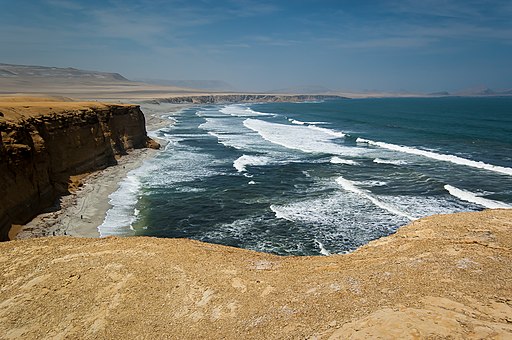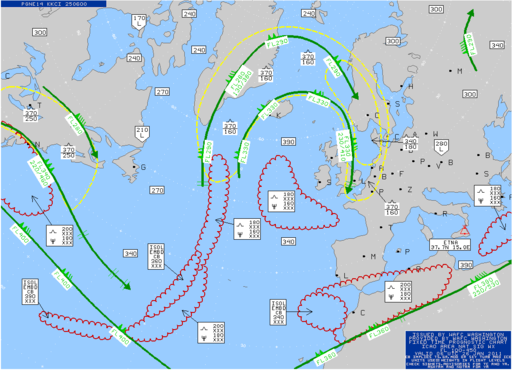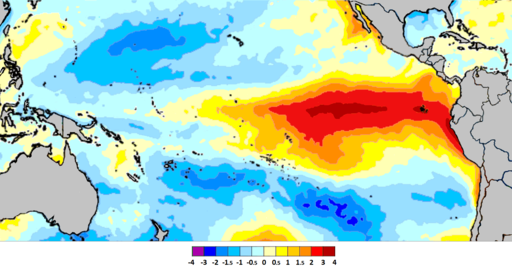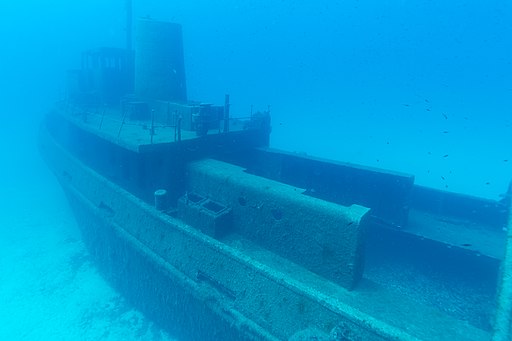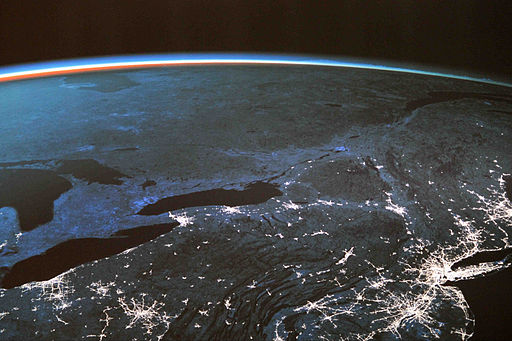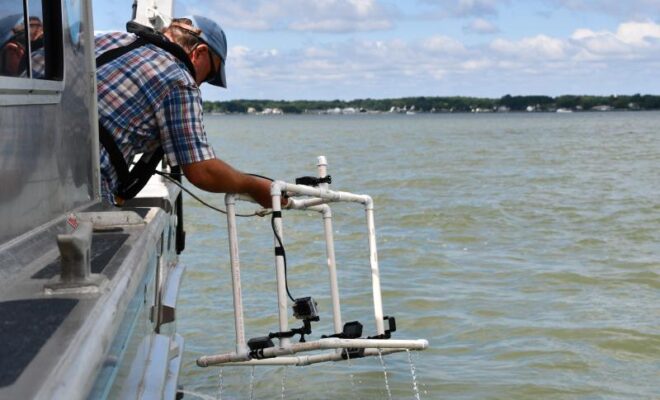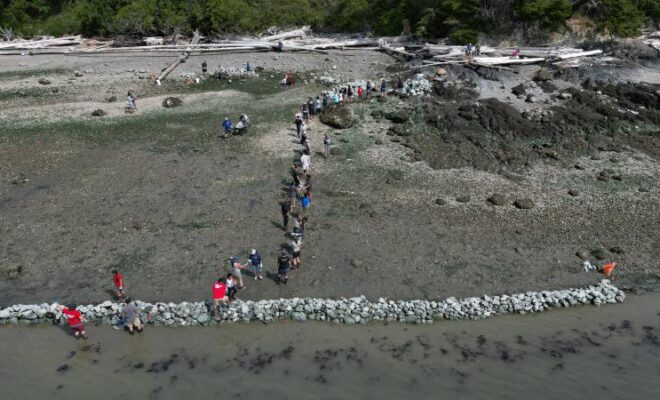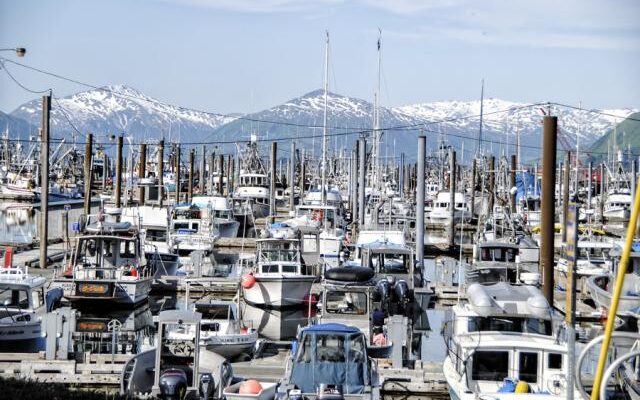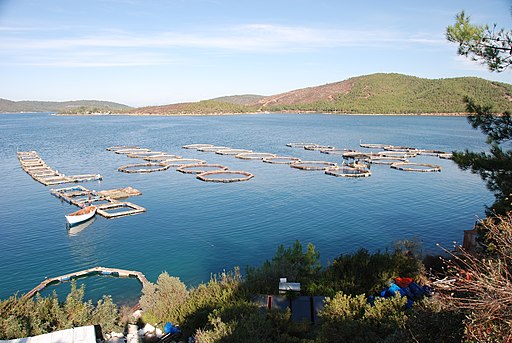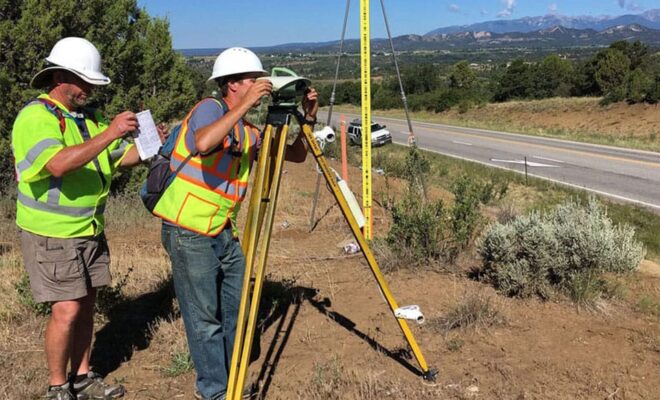What’s Happening in the Ocean in Springtime?
3/22/2023 - By NOAA. When you think of springtime on land, you might think of birds migrating, flowers blooming, and leaves emerging. While these changes are happening on land, changes are happening in the ocean, too! But how can you tell if spring has sprung in the sea? This graphic explains some… SEE MORE
